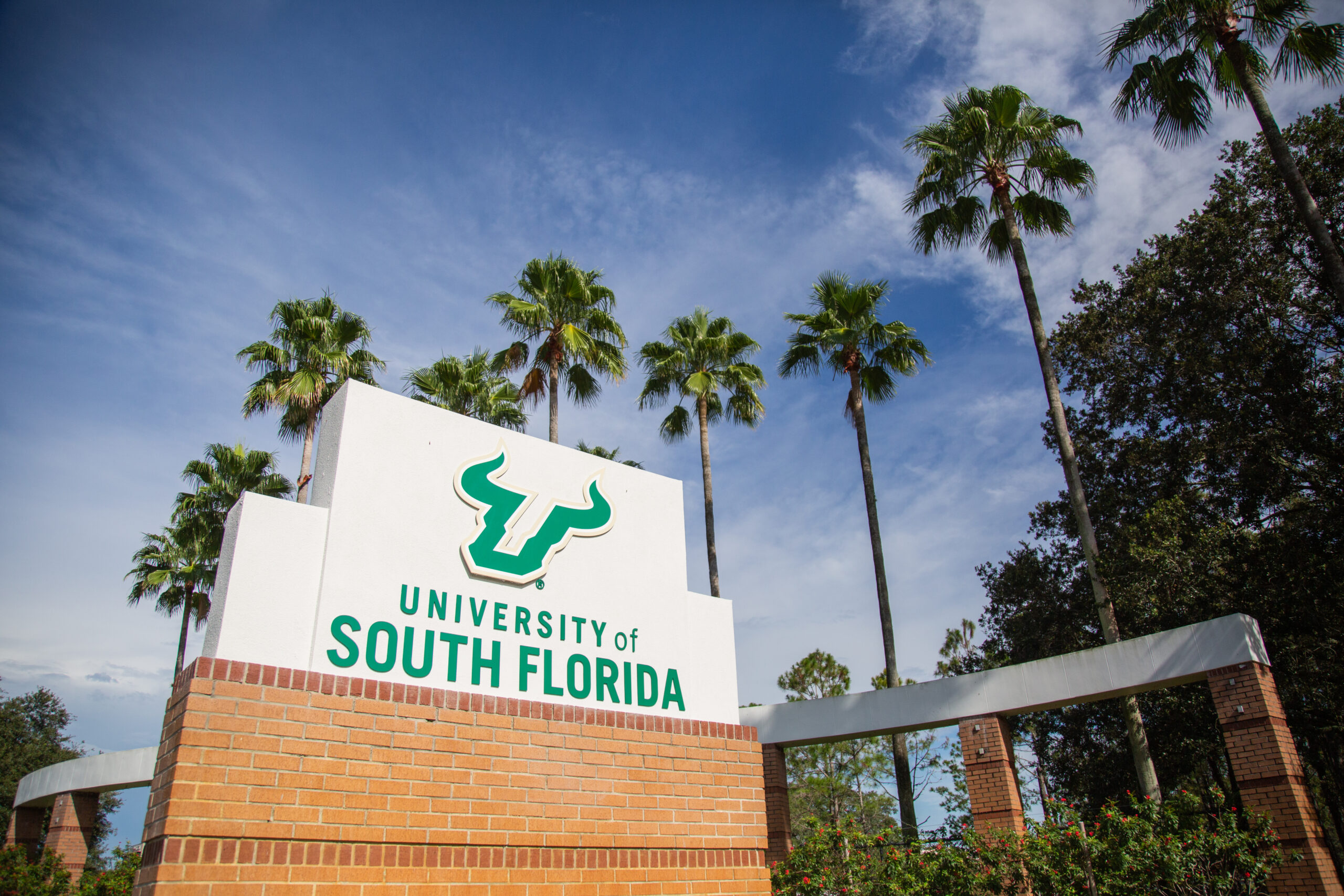Remains of ancestors to be returned to tribes following work of USF anthropologists

The Department of Anthropology is about to end a decades-long goal of returning the remains of 200 ancestors of Native Americans to the Seminole Tribe of Florida, according to anthropology professor Thomas Pluckhahn.
Due to the National Graves Protection and Repatriation Act of 1990, institutions are required to inventory their possession of Native American remains and speak with tribes on how they want to handle the transfer of guardianship, Pluckhahn said.
These remains have been mostly found in excavations for construction projects, in archaeological investigations or they were donated by the public, according Pluckhahn.
Achieving this goal is monumental for USF, and the university’s involvement with this project will hopefully encourage other universities to join in and correct the missteps of the past, tribal member and director of the Seminole Tribe of Florida’s Tribal Historic Preservation Office Tina Marie Osceola said.
The remains USF is in possession of have also been affiliated with the Quapaw Nation, Osage Nation and Shawnee Tribe in Arkansas, the Hopi Tribe and the Zuni Tribe of the Zuni Reservation in Arizona and the Agua Caliente Band of Cahuilla Indians and the Morongo Band of Cahuilla Mission Indians in California, according to Pluckhahn.
Returning these remains has sometimes proven to be difficult, Pluckhahn said, as not all tribes are on the same page on how they want them to be handled.
“It’s a highly complicated process as some tribes may prefer that the remains of their ancestors stay with the museum, at least for the time being,” Pluckhahn said.
“Others prefer to have them reburied, but don’t wish to have any physical contact with the remains – owing to spiritual prohibitions on handling them – and others want to move forward with reburial, such as the Seminole Tribe of Florida, as expeditiously as possible.”
Though the process is one that needs to be handled with care, Osceola said the end goal of this journey is worth it from a moral perspective.
“The repatriation of our ancestors is paramount to the health and well-being of tribal populations today. Let’s not forget, the ancestors who sit in collections were erroneously stolen from their graves,” she said.






